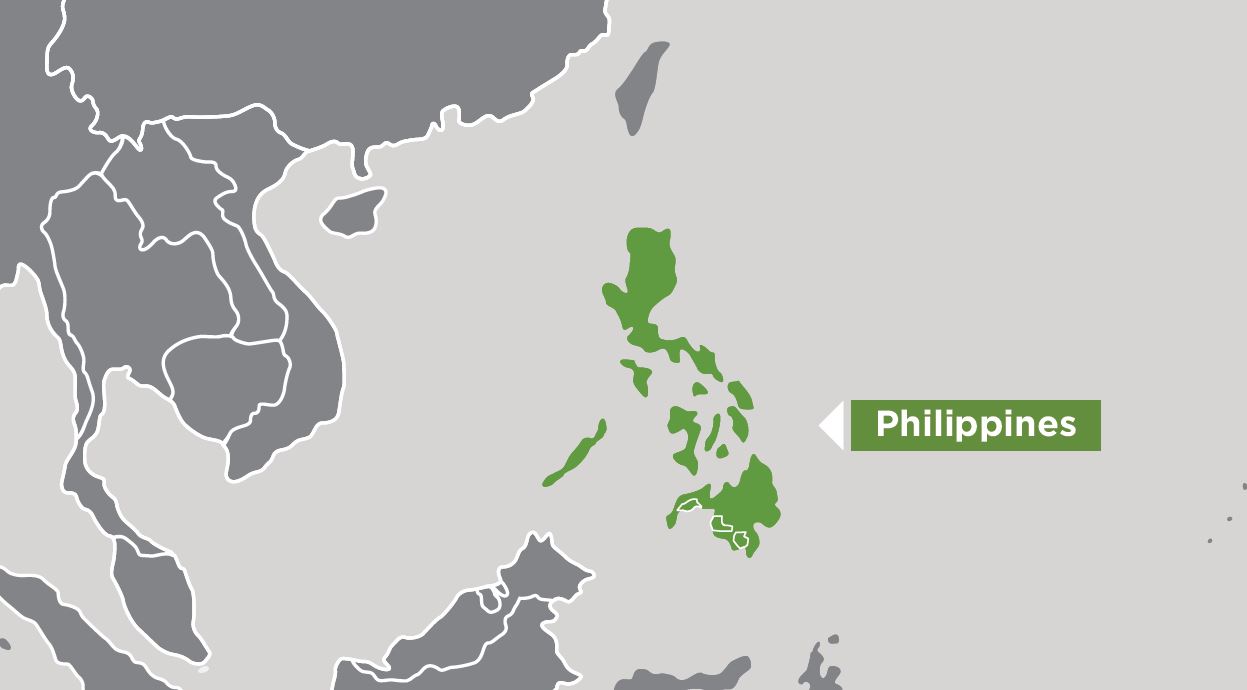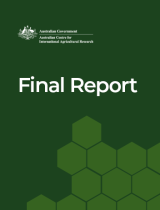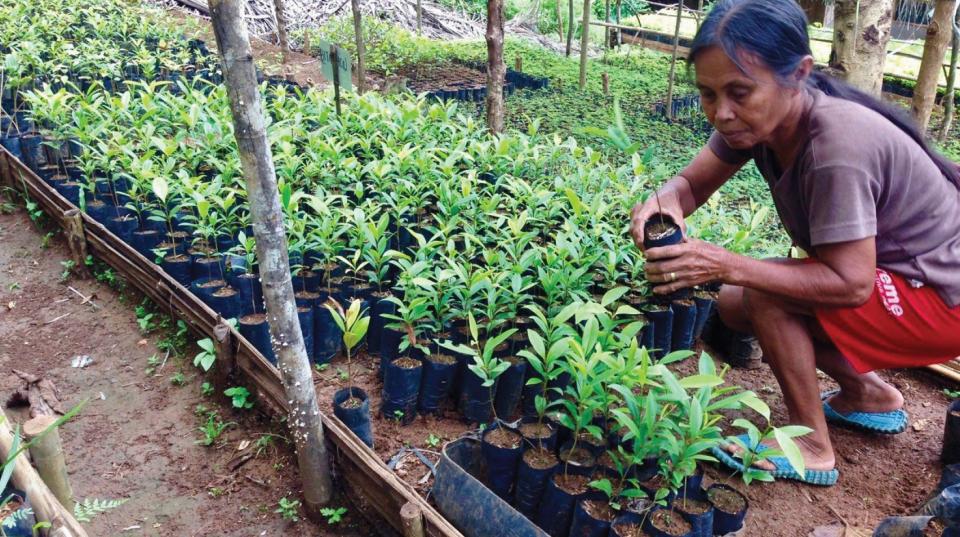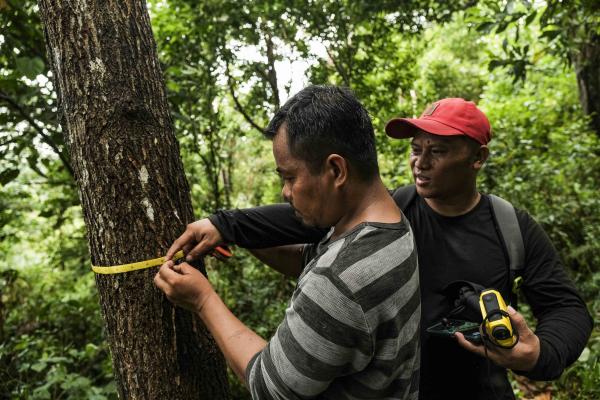Overview
This project is improving rural livelihoods through forest landscape restoration in the Philippines.
Improving the livelihoods of the rural poor remains a critical issue for the Philippines, especially in the country’s rural uplands where deforestation and land degradation are major challenges.
The National Greening Program (NGP) aims to rehabilitate 7.1 million ha of degraded lands. This initiative was designed to reduce poverty, and promote food security, environmental stability and biodiversity conservation, as well as enhancing climate change mitigation and adaptation.
Many of the plans are commitments under the Bonn Challenge, a global initiative to restore 350 million ha of degraded forestland by 2030. Underlying the Bonn Challenge is the forest landscape restoration (FLR) approach, which aims to restore ecological integrity while improving human wellbeing through multi-functional landscapes.
However, successful planning and implementation of reforestation programmes face many challenges. This project aims to improve the livelihoods of smallholders involved in FLR; develop and test options for scaling out landscape-scale community-based reforestation; and achieve better economic outcomes for smallholders through improved monitoring, best practices and policy.
Expected outcomes
- Higher household incomes through increased agroforestry, agricultural and fuelwood production.
- Between 500 and 1000 ha of unproductive land reforested within ten communities.
- Improved survival of seedlings planted within participating communities leading to cost savings for government and greater longer-term financial benefits for communities.
- Improved household incomes from the production of biofertilisers.
- Improved ability to access funding from government to support FLR initiatives.
Summary of outcomes to date
2021–22
- The project has effectively carried out various activities despite travel disruptions attributed to the COVID-19 pandemic. During this reporting period, surveys combining phone calls, online, and face-to-face interviews were undertaken to carry out research activities. This included research on: assessing agroforestry systems as communal livelihoods; socio-economic impacts of restoration projects; fire incidence in restoration projects and its underlying issues; pests and diseases in tree plantations; biofertiliser use and as an alternative for smallholder livelihood; and integrating trees in corn-dominated forest landscapes.
- Interviews and virtual meetings were also conducted to determine the factors affecting the organizational strengths of partner POs. Field trials on mixed-species plantings, variable spacing, and use of fertiliser were monitored. Livelihoods and restoration activities of partner POs in the three regions were also monitored.
- A weekly meeting with research partners and project staff has been conducted since June 2020.
- A policy workshop was conducted in Biliran in March 2022 to understand the success, challenges, and interventions in implementing community-based forest restoration. Results revealed a number of issues and concerns like lack of transparency in the use of funds, reluctance of land claimants to plant trees in their lands, tardiness, carbon ownership, and sharing scheme.
- The scaling out of forest restoration through a private company restoring at least 10,00 ha has commenced, benefiting from the experiences of the ACIAR FLR Project.
- Partnerships with the LGUs of Baybay and Ormoc, in Leyte Province, have been sustained to provide technical support in implementing their forest restoration projects.







